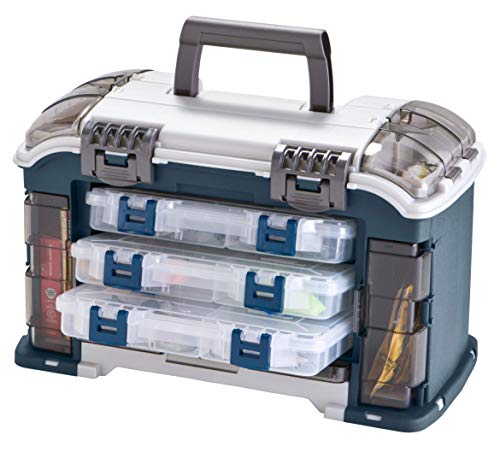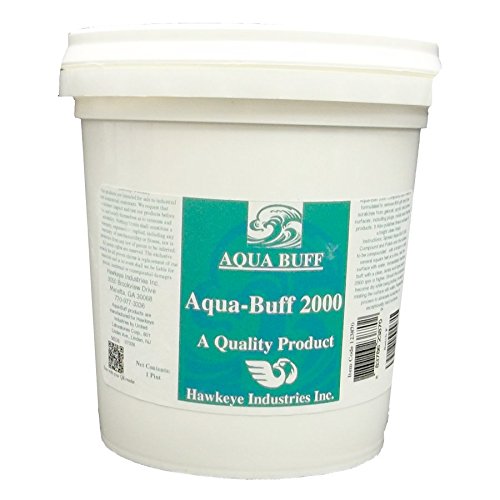I'm sorry, but.....a "solid state" marine battery? Throughout modern history, the term "solid state" meant a transistorized circuit, with no moving components. (i.e.; point-type transistors)
Now, I'll concede that a battery of any type has "no moving components", but there is a chemical reaction in order to generate both voltage and current. So, I can only presume that a "solid state" battery has NO chemical reaction going on to generate the power it's supposed to produce. That leaves only one alternative in my shoulder-mounted vacuum chamber. It must be a capacitor bank that stores a charge, and releases it on demand. With a calculated resistive circuit, one can slow the discharge rate, but once it's depleted, there isn't any more.....it MUST be charged again from an outside source. Usually, a capacitor is a one-shot deal. I suppose, with a carefully calculated resistive circuit, one might be able to stretch it tow 2, or even 3 attempts at starting, but I think that would be the maximum limit.
In that, it is similar to a lead-acid battery, but that's where the similarities end.
I can just imagine the issues one might have out on the water, say with water-contaminated gas. It wouldn't be enough to get a fresh gas supply, but you'd also have to "charge" the cap bank in order to attempt another start cycle.
Personally, I smell a marketing scam.
Roger































































